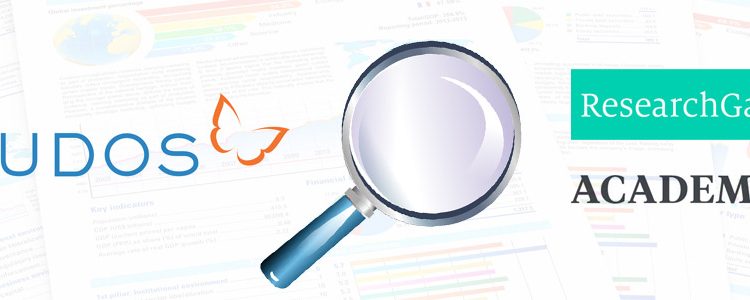Kudos Survey Shows Academic Peer to Peer Sharing on the Rise

Scientific publishers who rely on a subscription-based business model may be particularly interested in the results of a survey released recently by Kudos. By collaborating with several academic publishing houses, Kudos conducted a survey to assess how researchers utilize scholarly collaboration networks (SCNs). More than 7,500 researchers responded to the survey and the data indicates that many scientists are using SCNs to share the complete version of their work. At the same time, there is a healthy respect for adhering to copyright policies of journals. STEM and medical researchers made up 64% of respondents while social sciences and humanities researchers made up 36% of the survey pool.
The Kudos survey found that 66% of the respondents use SCNs such as ResearchGate and Academia.edu to access the content for various studies as they could not obtain it through any other medium. A majority of respondents (61%) use SCNs to connect with other researchers, whereas 57% use SCNs to upload their own work. While the vast majority agreed that journal copyright policies should be respected (83%), most researchers (60%) also wanted to be able to upload their own articles, regardless of whether the current journal policies supported this desire. Importantly, around one-fifth of the scientists were unaware that sharing their work in scholarly collaboration networks could constitute a violation of journal copyright policies.
The data suggests that authors by and large support journal copyright policies; however, they want the freedom to share their own work with their academic peers. Mandy Hill, Managing Director of Academic Publishing at Cambridge University Press, said that it is encouraging that more and more authors are using SCNs to share their work and at the same time respect journal copyright policies as a general principle.
It seems that authors want more coverage for their work and Melinda Kenneway, Executive Director of Kudos, believes that there are ways to help authors reach a wider audience while respecting journal copyright policies. She revealed that the survey data will be discussed with Kudos’ 80 publisher partners to find a way forward. New strategies would be needed to help authors gain maximum exposure for their work, respect journal copyright policies, and track offsite usage.
The Kudos survey data was obtained by questioning researchers from all career levels, fields of specialty, and regions of the globe. The largest sub-group of respondents was early career researchers (39% had obtained their PhD within the last decade), followed by European (40% of respondents) and American (18%) researchers. It is clear that SCNs play an important role in the academic ecosystem. It is up to the academic publishing houses to find a way to meet authors’ desires to reach the widest possible audience while respecting journal copyright policies.









